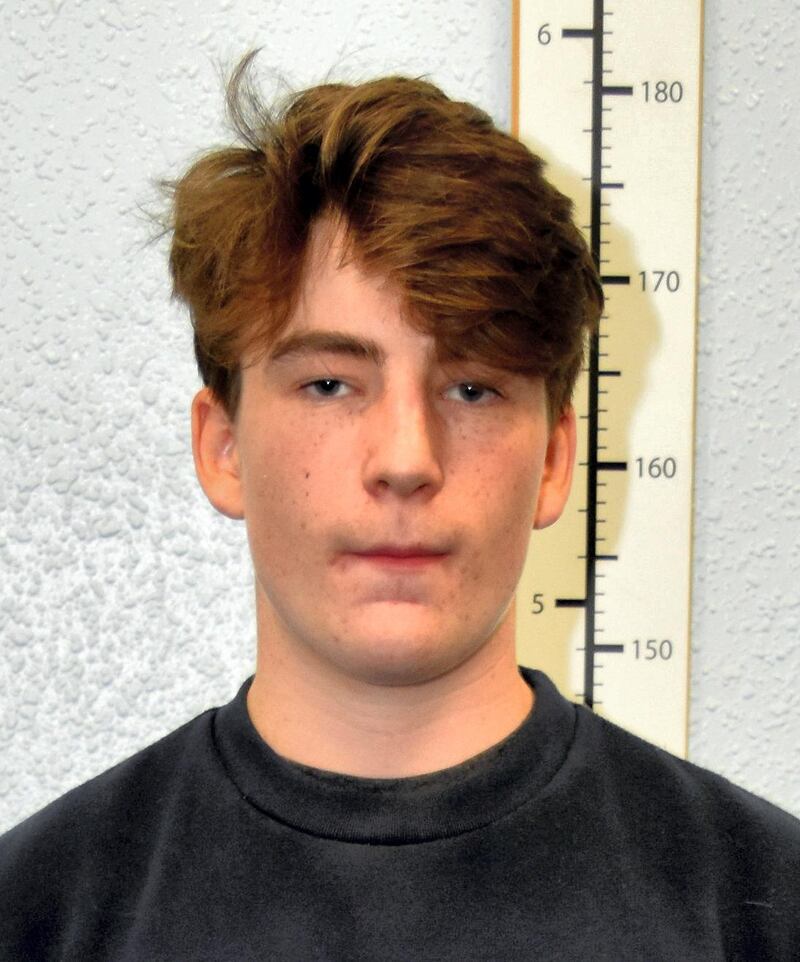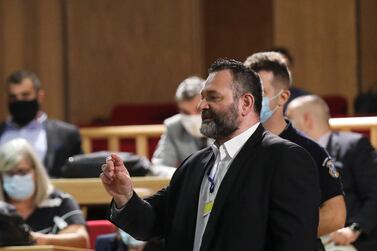Police have warned of the dangers of bedroom radicalisation after a talented teenage student became deeply involved in right-wing extremism.
Harry Vaughan, 18, from London, scored the highest academic grades this summer and was expected to go to university to study computing.
But he was instead facing prison for posting messages on an extremist website and amassing material including bomb-making manuals and a guide to killing people. Detectives said the case showed that any young person could be at risk of radicalisation.
Police have previously warned of the dangers of online radicalisation during lockdown, with youngsters spending more time in front of screens and with fewer anti-extremism professionals available for counselling work.
Vaughan was arrested in June last year after a national operation identified him as a contributor to an online forum known as Fascist Forge. He had applied to join two websites, citing his ideology as “extremism” and saying he wanted to share propaganda and resources.
Police seized his computer equipment and found 4200 images and more than 300 files, including documents relating to Neo-Nazism, Satanism and anti-Semitism. He pleaded guilty to 14 terrorism offences and two related to child abuse images. He appeared in court on Friday and is due to be sentenced next week.
Commander Richard Smith, the head of London’s counter-terrorism command, said: “Harry Vaughan is an intelligent young man who was predicted A-star grades and aspiring to study computing at university.
"Yet, online, he was an enthusiastic participant of right-wing terrorist forums. His case illustrates it is possible for any young person to be susceptible to radicalisation.”
Mr Smith said those being radicalised may not know what is happening but experience feelings of confusion and anger.
"There may be a niggling voice in the back of your head questioning what you are doing,” he said. “If this sounds like you, please reach out - we can help you as we have many people before you.”








